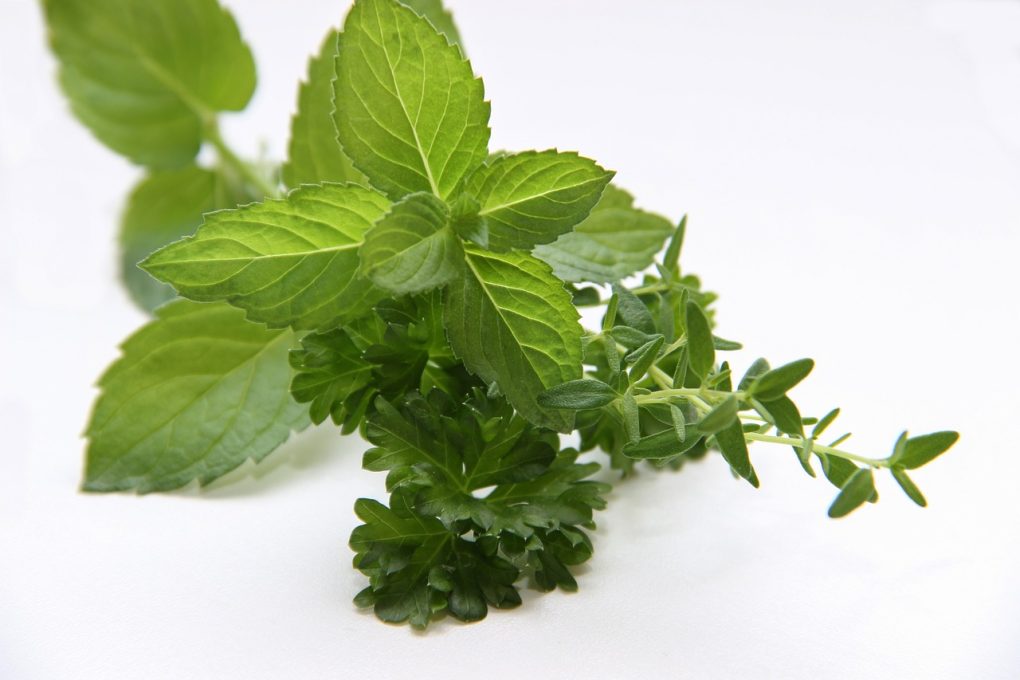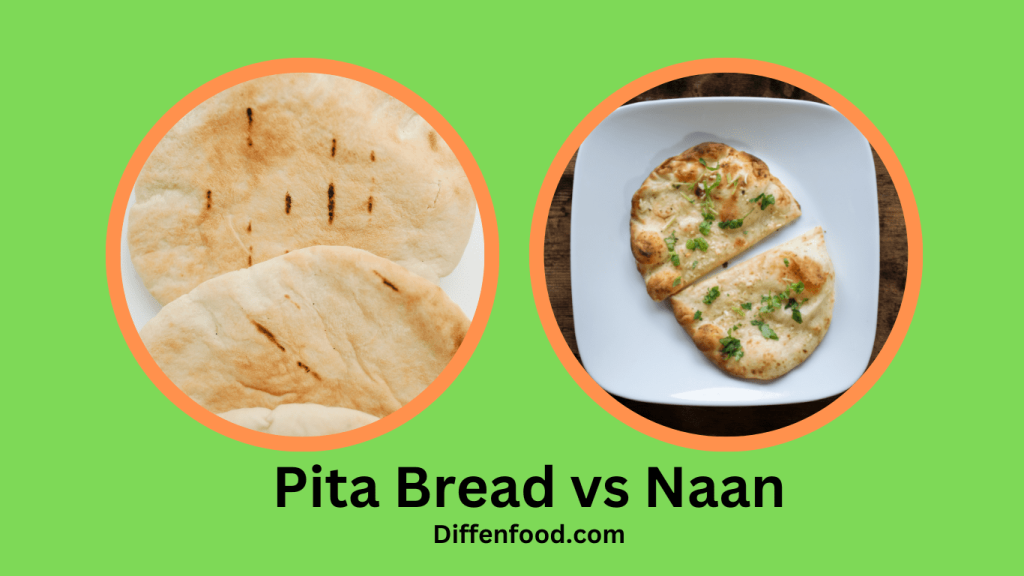
When it comes to the age-old question of which oil is better for your health and beauty – coconut oil or olive oil – the answer can be a bit tricky. Both oils have their fans and detractors, but how do you decide which one is right for you? In this article, we’ll break down the differences between coconut oil and olive oil so you can make an informed decision.
What Is Coconut Oil?
Coconut oil is a versatile and widely used edible oil derived from the fruit of the coconut palm (Cocos nucifera). It is extracted from the white, fleshy part of the coconut known as the “copra.” Coconut oil has been consumed and used for various purposes for centuries in tropical regions where coconuts are abundant.
The extraction process typically involves drying the copra and then pressing or expelling the oil from it. This method can be done through cold-pressing or heat-pressing, resulting in different types of coconut oil with varying characteristics.
What Is Olive Oil?
Olive oil is a popular and widely used cooking oil derived from olives, the fruit of the olive tree (Olea europaea). It has been a staple in Mediterranean cuisine for centuries and is renowned for its health benefits and culinary versatility.
The production process of olive oil involves pressing whole olives to extract the oil. There are different types of olive oil, classified based on the processing methods and quality. These types include extra virgin olive oil, virgin olive oil, refined olive oil, and olive pomace oil.
Coconut Oil Vs Olive Oil

Health Benefits of Coconut Oil
Coconut oil is known for its high saturated fat content, specifically medium-chain triglycerides (MCTs), which are believed to offer certain health benefits. It contains primarily lauric acid, followed by caprylic acid and capric acid, among other fatty acids.
Health Benefits of Olive Oil
Olive oil is rich in monounsaturated fatty acids, which makes it a great choice for cooking and baking. Olive oil also contains antioxidants, which may help reduce inflammation and protect against chronic diseases. Studies have also suggested that olive oil may help reduce the risk of heart disease, lower cholesterol levels, and improve brain function.
How to Choose the Right Oil
When it comes to choosing the right oil, it’s important to consider your individual needs and preferences. If you’re looking for a healthier option, olive oil is the better choice, as it is lower in saturated fat and higher in monounsaturated fatty acids. However, if you prefer the taste of coconut oil, it can be a great choice for cooking and baking.
Pros and Cons of Coconut Oil
Coconut oil has both pros and cons. On the plus side, it has a high smoke point and is a great choice for frying and sautéing. It also contains lauric acid, which may help reduce inflammation and boost immunity. On the downside, coconut oil is high in saturated fat, which can increase LDL cholesterol levels and the risk of heart disease.
Pros and Cons of Olive Oil
Like coconut oil, olive oil has both pros and cons. On the plus side, it is lower in saturated fat and higher in monounsaturated fatty acids, making it a healthier choice. It also contains antioxidants, which may help reduce inflammation and protect against chronic diseases. On the downside, it has a lower smoke point, so it may not be the best choice for frying and sautéing.
How to Store Coconut Oil and Olive Oil
Coconut oil and olive oil should be stored in a cool, dark place. If stored properly, both oils can last for up to a year. However, it’s important to note that coconut oil can become rancid if exposed to light and heat.
How to Use Coconut Oil and Olive Oil
Coconut oil and olive oil are both versatile oils that can be used for cooking, baking, and beauty products. Coconut oil is a great choice for frying and sautéing, while olive oil is best for dressings, marinades, and baking. Both oils can also be used as a moisturizer and to remove makeup.
Recipes with Coconut Oil and Olive Oil
Coconut oil and olive oil can be used to make a variety of tasty dishes. Here are some delicious recipes using both oils:
- Coconut Oil Fried Rice
- Olive Oil Baked Salmon
- Coconut Oil Chocolate Chip Cookies
- Olive Oil Roasted Vegetables
- Coconut Oil Coconut Curry
- Olive Oil Roasted Potatoes
What to Avoid When Cooking with Coconut Oil and Olive Oil

When cooking with coconut oil and olive oil, it’s important to avoid high heat. Both oils have a low smoke point and can easily become rancid when exposed to high temperatures.
The Takeaway: Coconut Oil vs Olive Oil
When it comes to the great debate of coconut oil vs olive oil, there is no clear-cut answer. Both oils have their pros and cons, and the best choice for you depends on your individual needs and preferences. If you’re looking for a healthier option, olive oil is the better choice, as it is lower in saturated fat and higher in monounsaturated fatty acids. However, if you prefer the taste of coconut oil, it can be a great choice for cooking and baking.
Conclusion
No matter which oil you choose, be sure to store it in a cool, dark place and avoid high heat when cooking. With a little bit of research and experimentation, you’ll be able to find the perfect oil for your needs.





